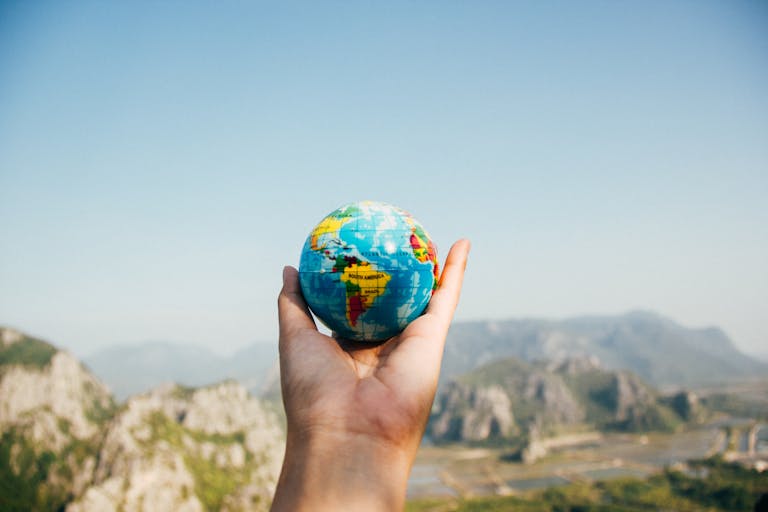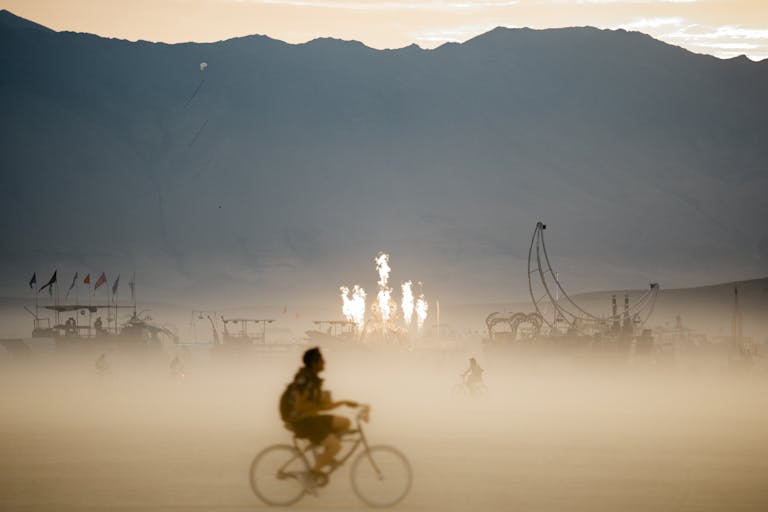Look, I’ll be honest. When someone first told me about Video Games Day, I rolled my eyes so hard I nearly strained something. Another made-up holiday? Really? But here’s the thing about dismissing cultural phenomena too quickly: sometimes they sneak up and smack you with their actual significance.
Gaming generates more revenue than movies and music combined
Video Games Day isn’t just some corporate marketing ploy dreamed up in a boardroom (though let’s be real, plenty of those exist). It’s become this weird, wonderful celebration that perfectly captures how gaming evolved from something your parents worried about into a legitimate cultural force that generates more revenue than movies and music combined. We’re talking somewhere between $184-298 billion annually, depending on how you count it. And honestly? The story of how we got here is way more interesting than you’d expect.
📊 Industry Revenue
🎮 Gaming
🎬 Movies
🎵 Music
The Accidental Birth of Gaming’s Biggest Holiday
So here’s where things get interesting and slightly ridiculous. Video Games Day didn’t start with some grand proclamation or government decree. It just… happened. Like most good things in internet culture, it emerged from a surprisingly obscure beginning that somehow caught fire.
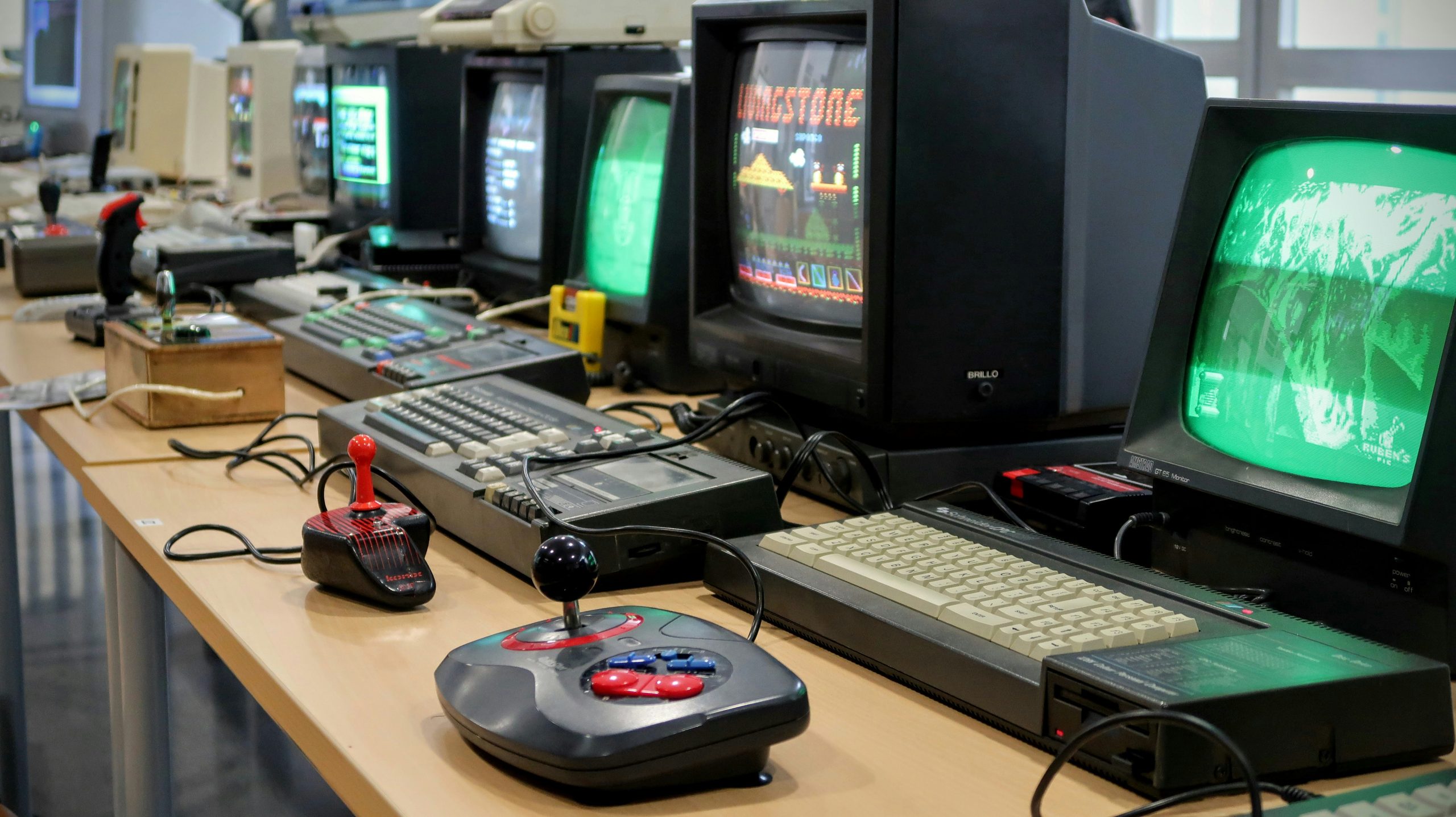
The date itself is brilliantly random. It’s not tied to Pong’s release date (that’s October 29th, if you’re keeping track) or when Nintendo saved the industry after the great crash of ’83. September 12th just worked because it fell perfectly between summer gaming lulls and the holiday season rush when all the big releases drop.
Gaming historians (yes, that’s actually a job now) trace the holiday’s origins back to 1991, when it first appeared in Chase’s Calendar of Events. The original sponsor was listed as David Earle, president of something called “Kid Vid Warriors” or “Kid Video Warriors”. The trail goes cold there, there’s no trace left on the internet to tell us what this organization actually was, or who David Earle really was. But what’s fascinating is how this obscure beginning evolved into a genuine grassroots celebration.
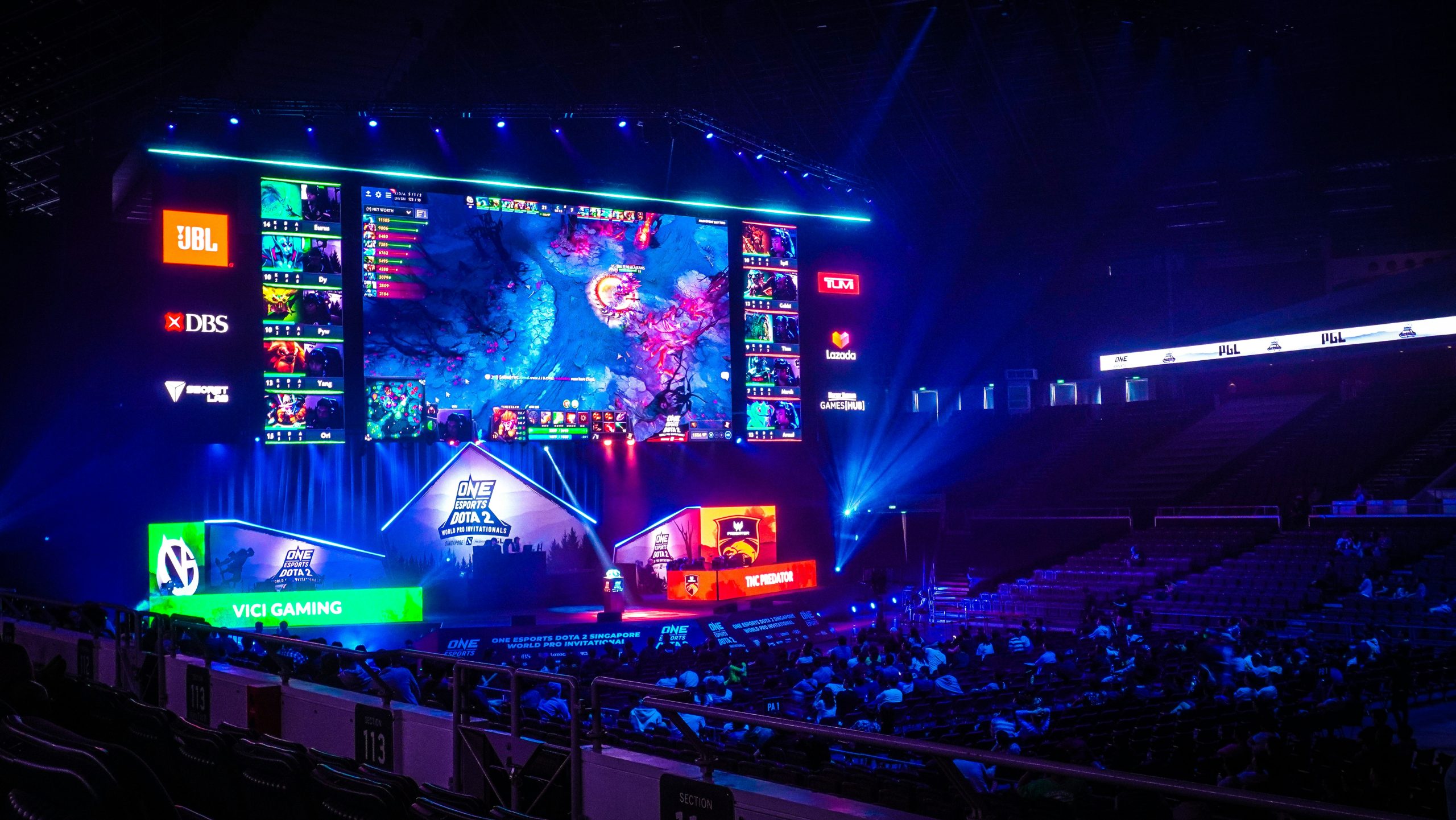
By 1997, the date had settled permanently on September 12th in Chase’s Calendar, though Earle was no longer listed as the sponsor. These weren’t fancy corporate events but community celebrations where people shared favorite gaming memories, organized LAN parties, and basically geeked out together. The whole thing had this beautiful, chaotic energy that you can’t manufacture.
🎮 From Pixels to Global Phenomenon
2000s
Grassroots
2008
Recognition
2015
International
2025
Global Phenomenon
What’s fascinating is how quickly gaming culture embraced the concept. By 2008, major gaming websites were acknowledging the date. By 2015, it had spread internationally. Today, it’s celebrated across six continents with everything from 24-hour gaming marathons to museum exhibitions showcasing gaming’s cultural impact.
The beauty of Video Games Day lies in its complete lack of pretension, unlike other cultural celebrations that come loaded with historical baggage.
This one is purely about joy, creativity, and the weird magic that happens when humans play together.
How the World Actually Celebrates Gaming Culture
This is where things get genuinely cool and slightly obsessive. The global gaming community has turned Video Games Day into this incredible patchwork of celebrations that perfectly reflect local gaming cultures while maintaining this universal thread of shared enthusiasm.
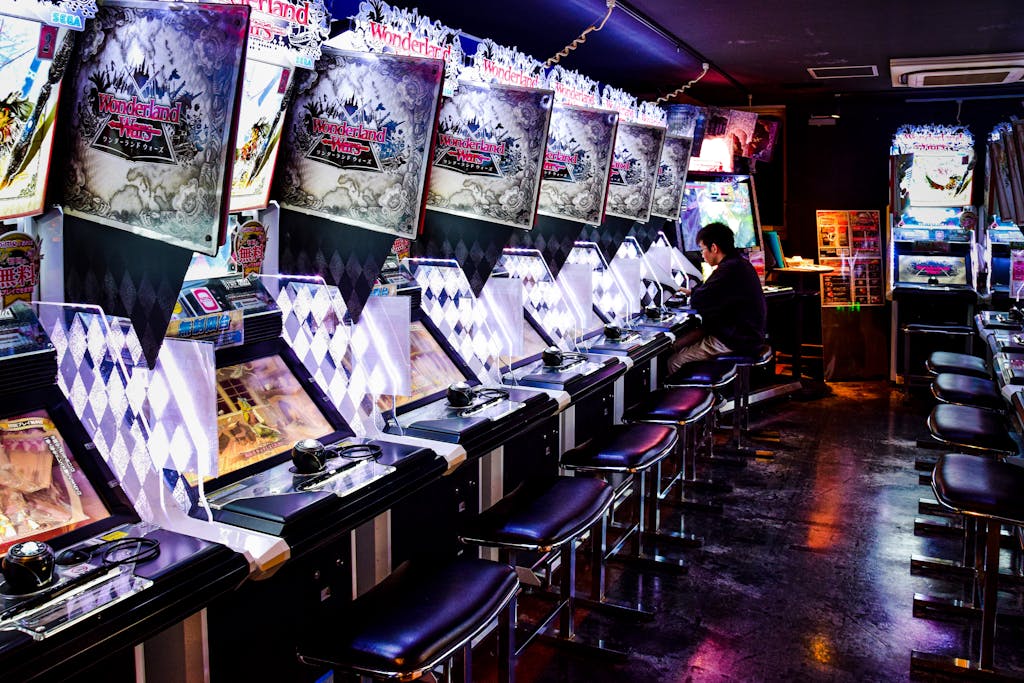
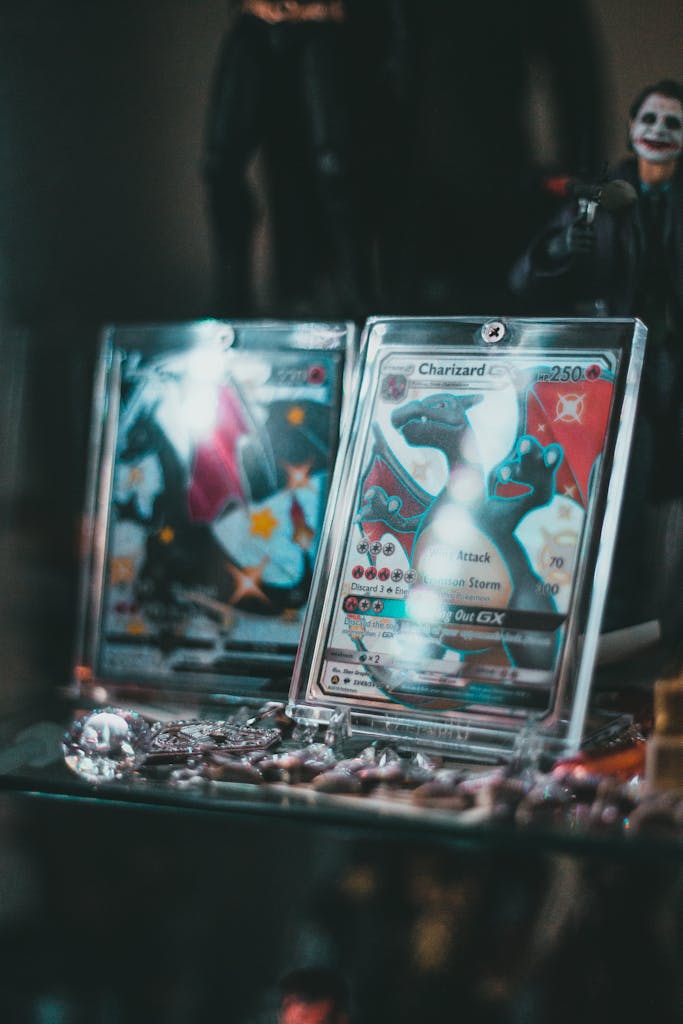
In Japan, the celebrations are next-level organized. Tokyo game shops host retro gaming tournaments featuring classics like Street Fighter II and Pac-Man. But it’s not just nostalgia porn, there’s serious cultural preservation happening. The Japan Game Preservation Society uses the day to showcase rare gaming artifacts and discuss preservation techniques. Some of these events draw crowds that would make concert promoters weep with envy.

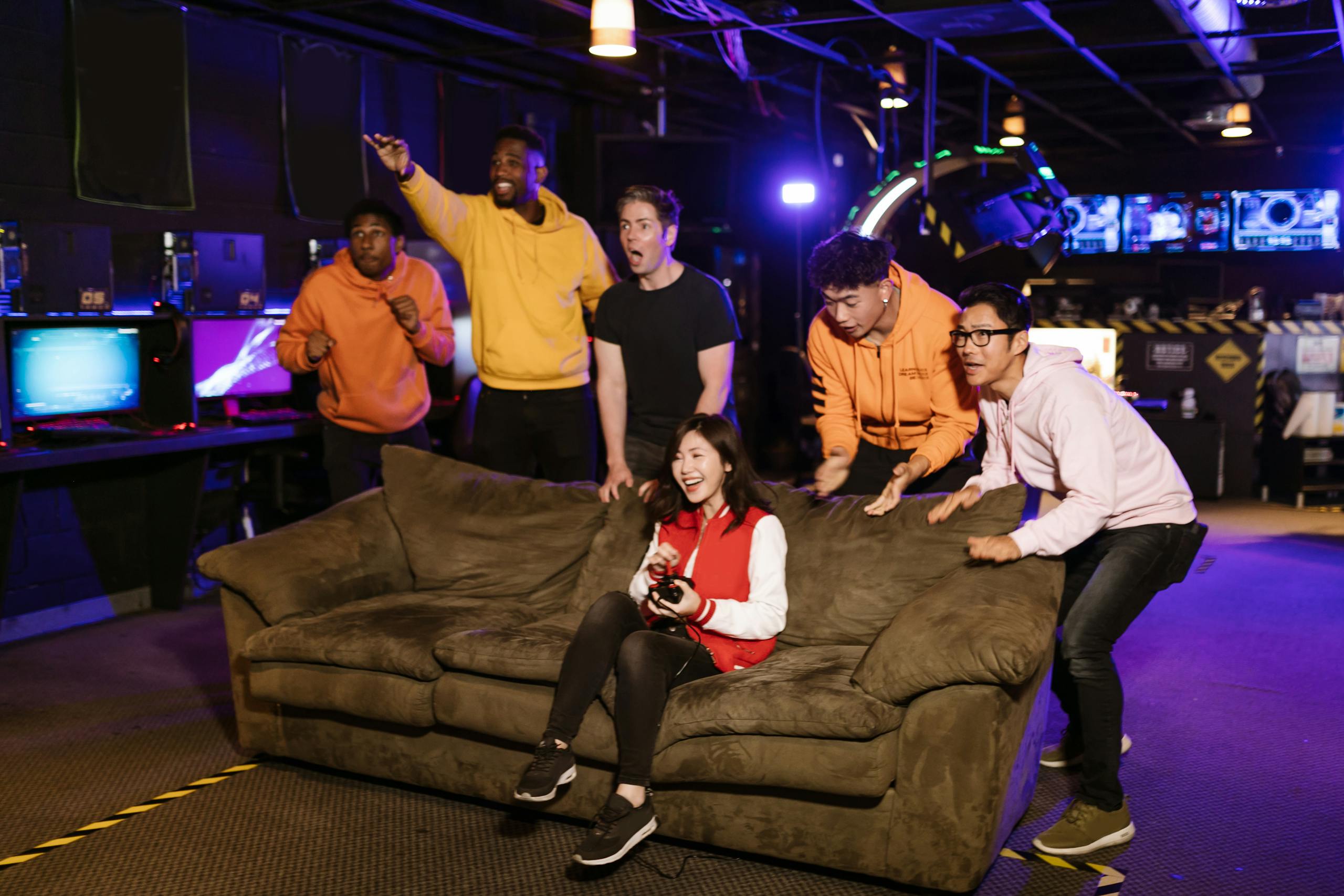
South Korea takes a different approach entirely. PC bangs (internet cafés) across Seoul offer special Video Games Day packages, and the country’s massive esports infrastructure kicks into overdrive. Major streaming platforms feature 24-hour gaming marathons, and some of the viewership numbers are absolutely staggering. We’re talking millions of concurrent viewers celebrating gaming culture together.
European celebrations tend toward the indie and artistic side of gaming. Cities like Berlin and Amsterdam host game jam competitions where developers have 48 hours to create something from scratch. The results range from brilliant to beautifully broken, but that’s kind of the point. These events showcase gaming as creative medium rather than just entertainment product.
North American celebrations are… well, they’re exactly what you’d expect. Massive, commercialized, and somehow still genuinely fun. Gaming conventions extend their programming, retailers offer special deals, and charity gaming marathons raise serious money for various causes. Games Done Quick, the speedrunning charity organization, often schedules special events around Video Games Day that combine world-record attempts with fundraising.

But here’s what makes me genuinely optimistic about gaming culture: the grassroots celebrations happening in smaller communities worldwide. Libraries hosting gaming history exhibits, schools organizing educational gaming workshops, nursing homes discovering how video games can combat isolation among elderly residents.
This stuff matters more than any corporate celebration.
Gaming’s Unlikely Cultural Revolution
Okay, let’s talk about something that still blows my mind: how gaming snuck into mainstream culture when nobody was paying attention. Like, seriously, when did playing video games stop being a “weird hobby” and start being just… normal?
📊 Demographics
Average Gamer Age
36 years old
Gender Split
Nearly 50% women
Gaming Revenue
$184-298B annually
The numbers tell part of the story. The gaming industry generates between $184-298 billion annually depending on methodology; consistently larger than movies and music combined. But raw economics don’t capture the cultural shift that’s happened. Gaming has become this incredibly diverse, inclusive space that defies every stereotype people had about “gamers”.
The average gamer today is 36 years old. Nearly half are women.
Gaming demographics now mirror general population demographics more closely than any other entertainment medium. Yet somehow, we’re still dealing with outdated stereotypes about basement-dwelling antisocial teenagers.

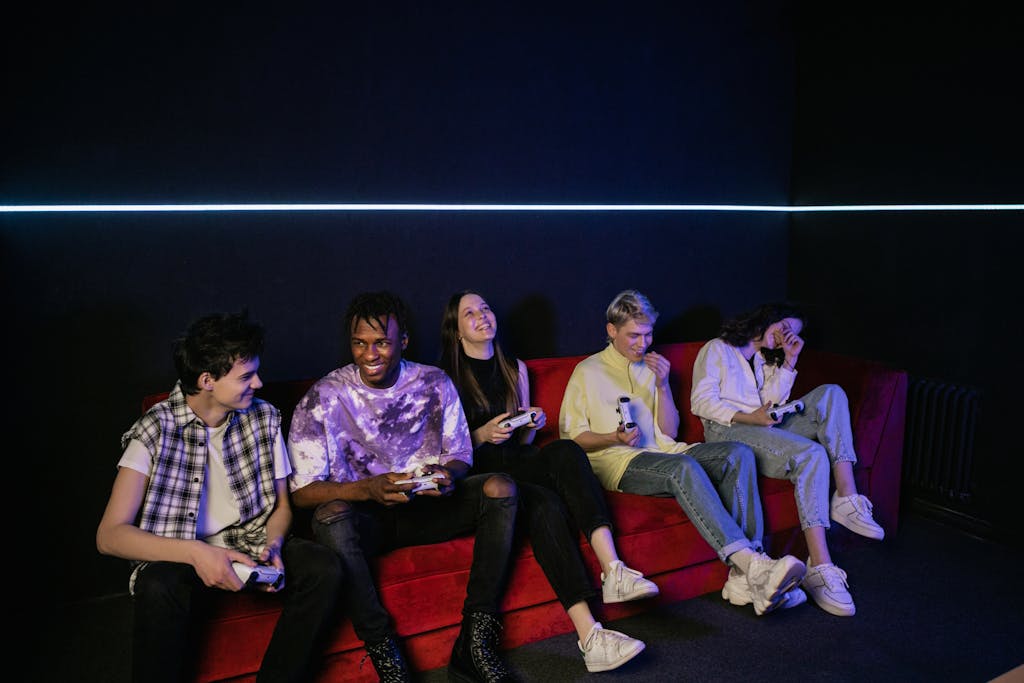
Educational institutions have finally caught on. Universities offer game design degrees, museums curate gaming exhibitions, and researchers study gaming’s cognitive benefits. The Smithsonian’s “Art of Video Games” exhibition drew an estimated 680,000 visitors during its six-month run, proving that gaming culture has serious cultural legitimacy and mainstream appeal that extends far beyond traditional gaming audiences.
But here’s what really gets me excited: gaming’s role in breaking down cultural barriers. Online gaming creates these incredible cross-cultural connections where a kid in rural Nebraska can team up with someone in urban Tokyo, and their shared gaming skills matter more than their vastly different backgrounds. That’s not just entertainment, that’s genuine cultural exchange happening at massive scale.
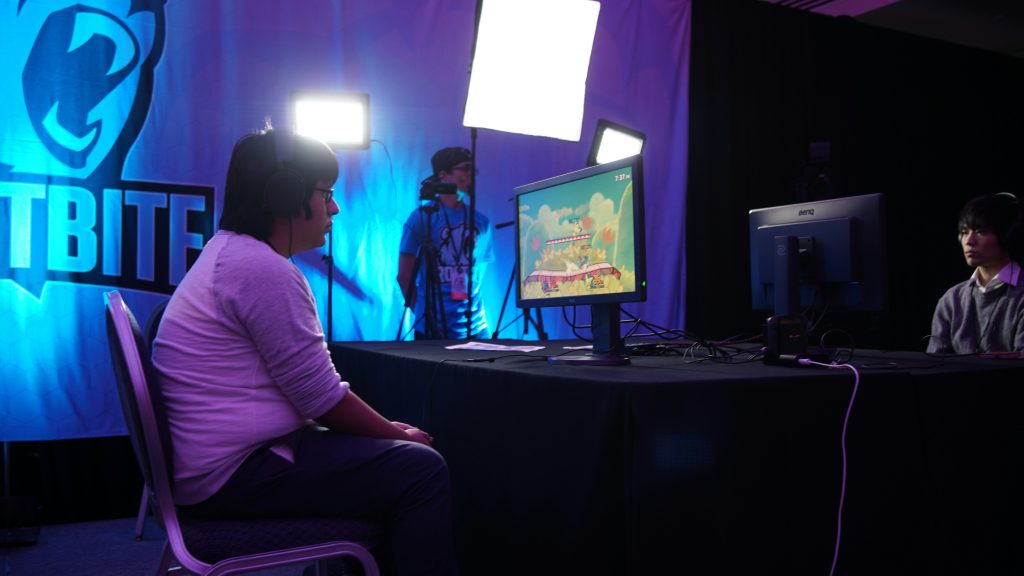
Gaming has also become this powerful storytelling medium that tackles complex social issues. Games like “That Dragon, Cancer” explore grief and loss with emotional depth that rivals any novel or film. “Papers, Please” creates empathy for immigration experiences through interactive gameplay. These aren’t just games, they’re legitimate artistic expressions that couldn’t exist in any other medium.
The Delightfully Weird Side of Gaming Celebrations
This is where Video Games Day gets properly entertaining. Gaming culture has this beautiful tendency toward the absurd, and the holiday celebrations reflect that perfectly. We’re talking about a community that will spend 72 hours straight trying to beat a game as quickly as possible, then livestream the entire thing for charity.
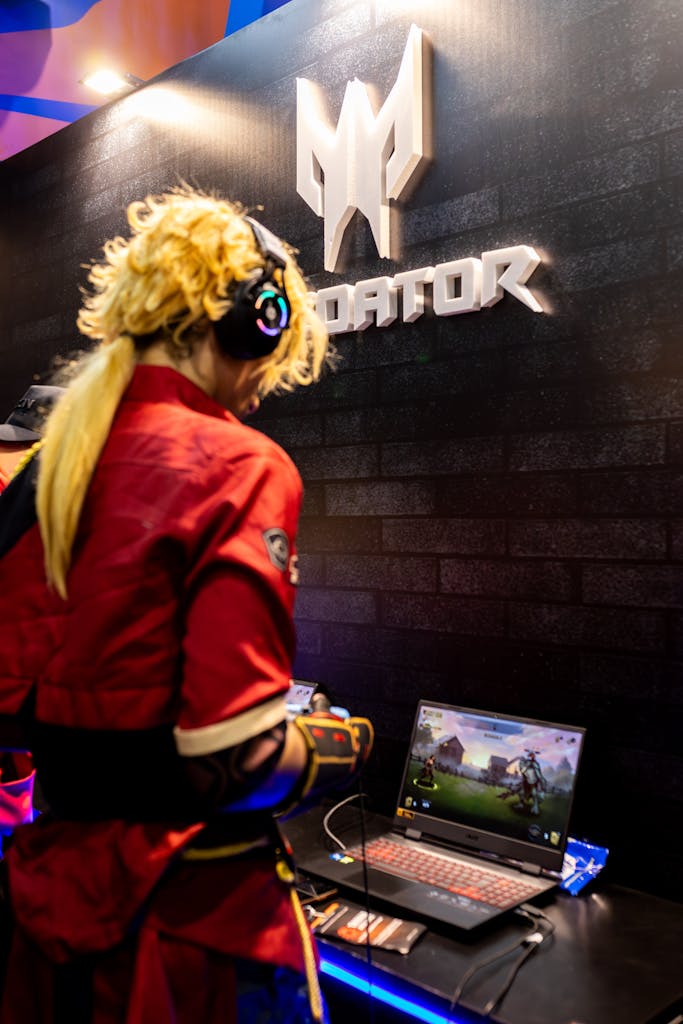
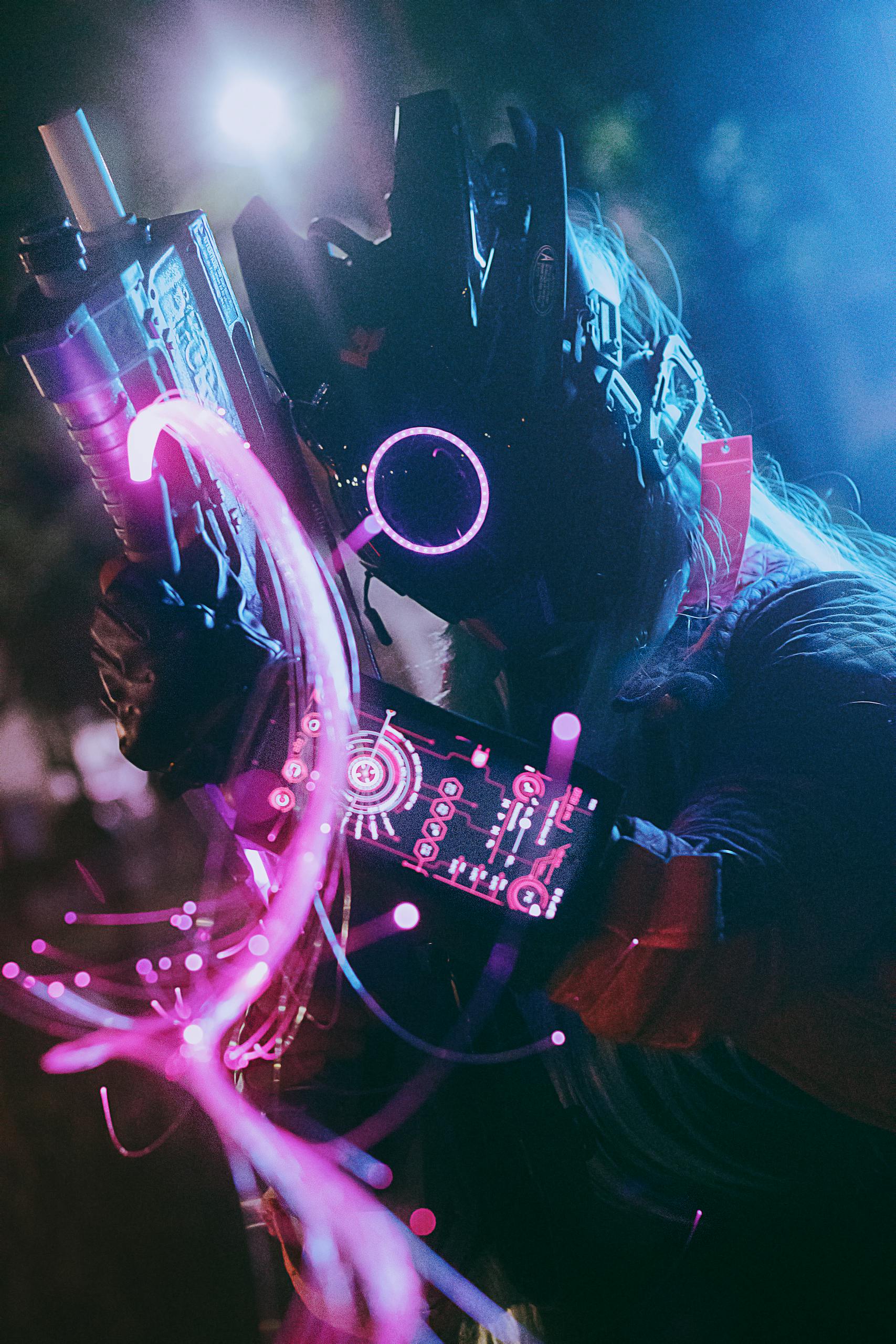
Cosplay competitions around Video Games Day are absolutely wild. The attention to detail some people put into recreating video game characters is frankly intimidating. Hand-sewn armor, working LED systems, props that took months to build; it’s like Halloween met engineering class and decided to get serious about craftsmanship.
Then there are the food festivals. Yes, gaming-themed food festivals. Restaurants create dishes inspired by popular games, and some of the results are genuinely impressive. Others are… well, let’s just say that recreating Minecraft food in real life doesn’t always work out as planned. But the enthusiasm is infectious, and honestly, watching someone try to make an edible version of a health potion from World of Warcraft is pretty entertaining.
Speed-running competitions around Video Games Day showcase gaming skills that border on supernatural. These are people who’ve mastered games so completely that they can finish in minutes what takes normal players hours. The community around speed-running is incredibly supportive and technical, with frame-perfect timing discussions that sound like advanced mathematics.
💰 Charity Marathon Impact
Games Done Quick
$10M+ annually
Total gaming charity events
$50M+ raised
Cultural legitimacy
680,000 Smithsonian visitors
Gaming marathons for charity have become huge parts of Video Games Day celebrations. Events like Awesome Games Done Quick raise millions of dollars annually by combining world-record gaming attempts with fundraising. Watching someone beat Super Mario Bros. in under 5 minutes while raising money for cancer research creates this weird emotional complexity that shouldn’t work but absolutely does.
Your Guide to Celebrating Video Games Day Properly
Here’s the thing about Video Games Day: there’s no wrong way to celebrate it, but there are definitely more interesting ways than others. The beauty lies in gaming’s incredible diversity; whatever your gaming preferences, there’s probably a celebration that fits perfectly.
🎉 Find Your Celebration Style
🕹 Retro Fan
Classic Console Party
🆕 Indie Lover
Discover New Games
👩 Community Builder
Organize LAN Party
📺 Content Creator
Stream Special
Event
For retro gaming enthusiasts, Video Games Day offers the perfect excuse to dig out those old consoles gathering dust in closets. Organizing a retro gaming party with classics like Super Mario Bros., Pac-Man, or Street Fighter II creates instant nostalgia and friendly competition. Local game shops often host retro tournaments with surprisingly competitive players who take their 8-bit skills very seriously.
Indie game exploration makes for another excellent celebration approach. Steam, itch.io, and other platforms often feature special indie game showcases around Video Games Day. Supporting small developers by purchasing and playing indie games contributes directly to gaming’s creative diversity. Some of the most innovative gaming experiences come from tiny development teams working with minimal budgets but maximum creativity.
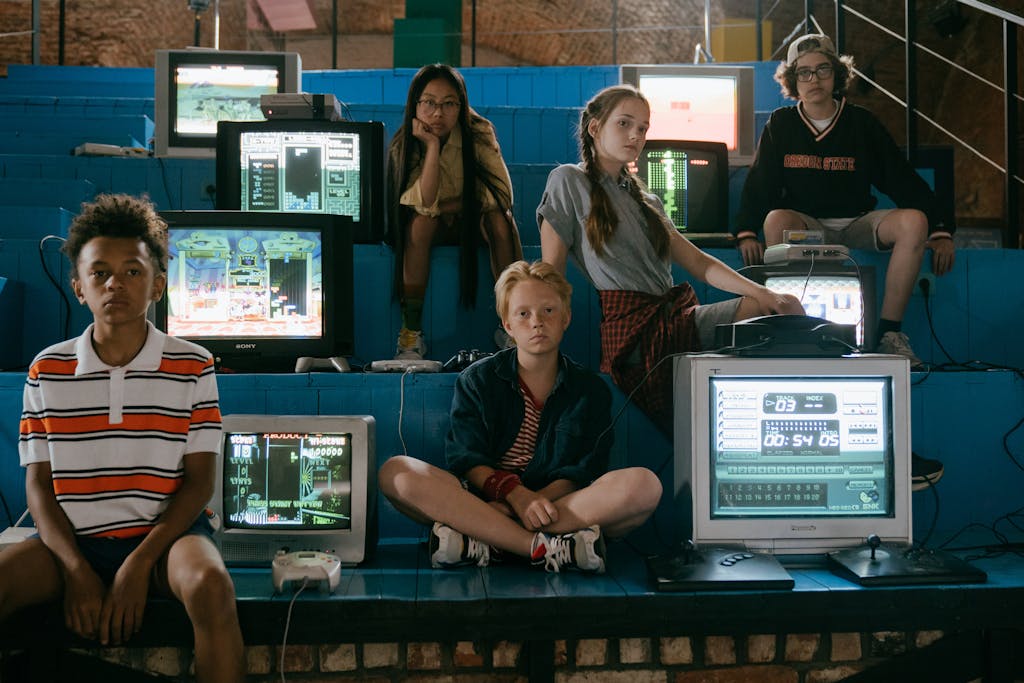
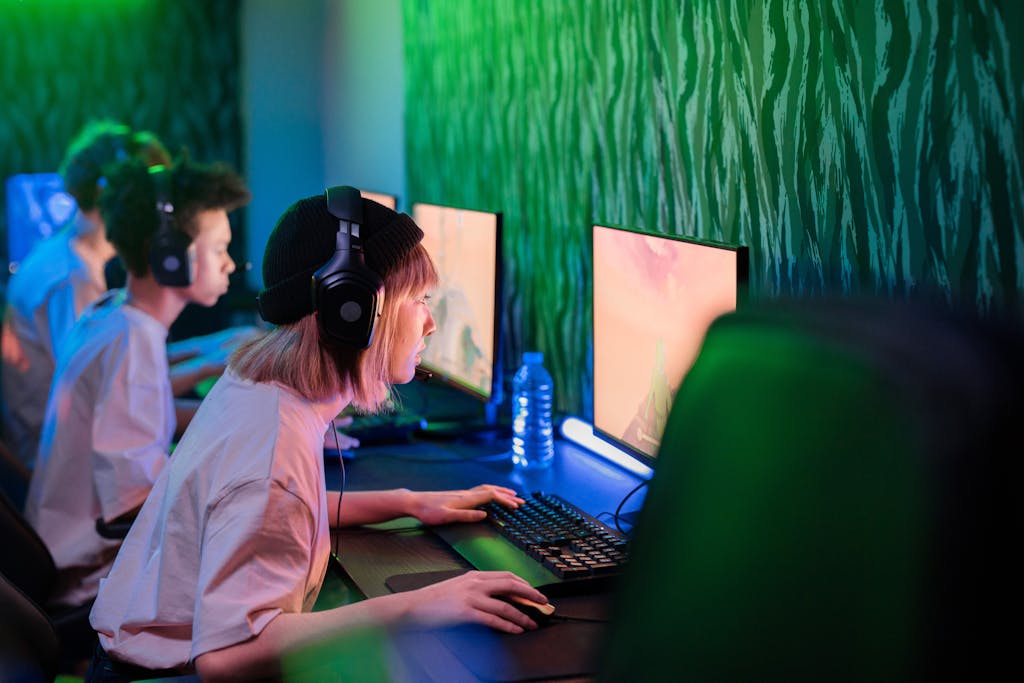
Gaming charity marathons offer opportunities to combine entertainment with social impact. Many streamers organize special fundraising events around Video Games Day, and participating – either by playing games yourself or supporting others’ streams – creates community while supporting worthy causes. The gaming community has raised tens of millions of dollars for various charities through these events.
Local gaming communities often organize LAN parties or tournament events around Video Games Day. Libraries, community centers, and gaming cafés frequently host special events. These gatherings showcase gaming’s social aspects while building real-world connections within gaming communities.
Content creation provides another celebration avenue. Whether it’s streaming gameplay, creating gaming-related art, writing about gaming experiences, or making videos about favorite games, Video Games Day encourages creative expression inspired by gaming culture.
Gaming’s Future: Beyond Controllers and Screens
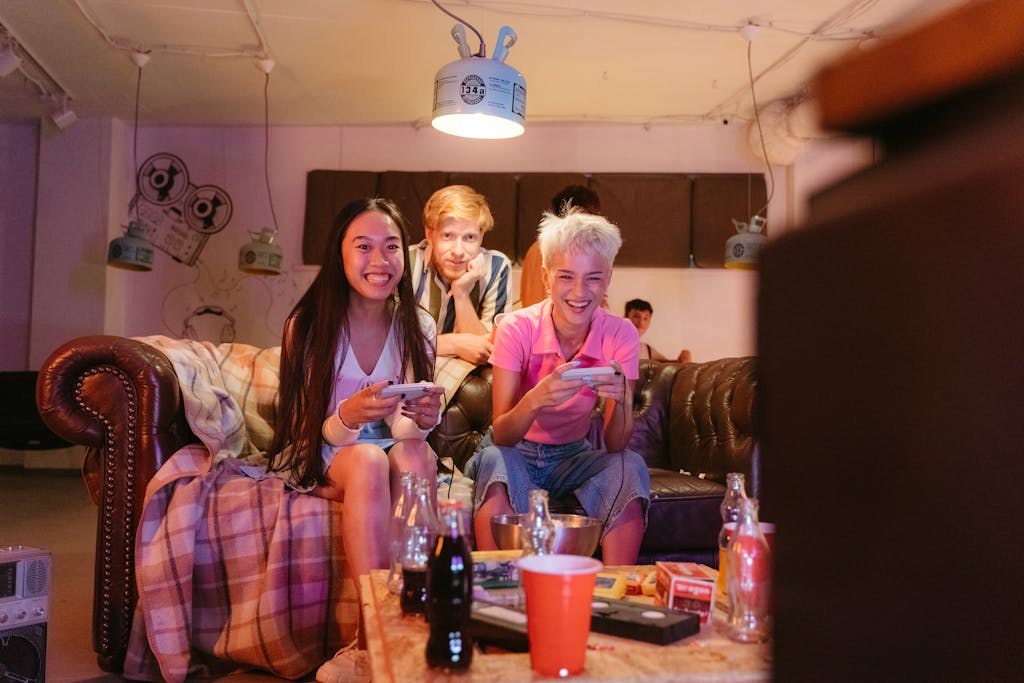
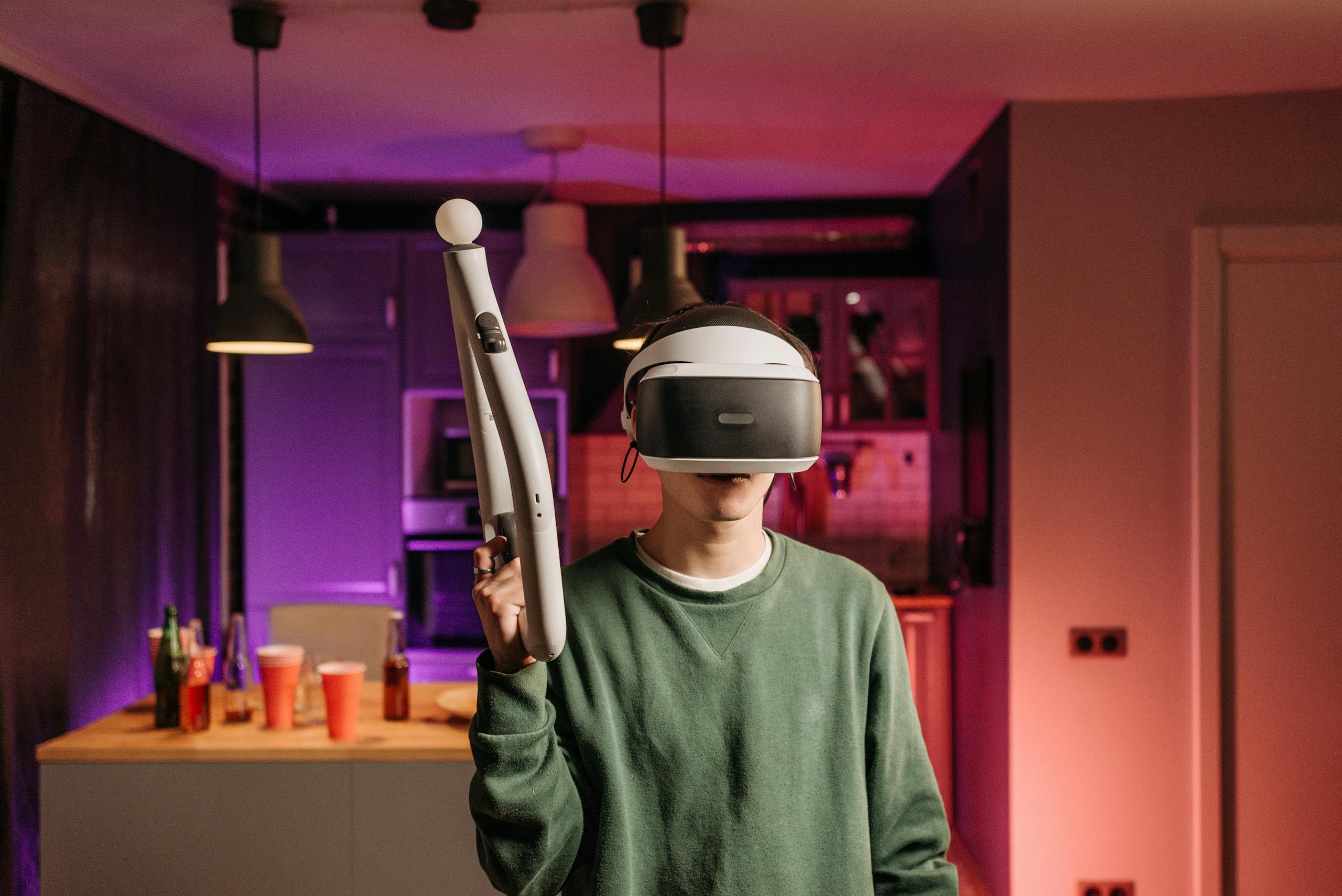
The trajectory of gaming culture suggests Video Games Day will only grow in significance. Virtual reality and augmented reality technologies are creating entirely new gaming experiences that blur lines between digital and physical reality. Cloud gaming services are making high-quality gaming accessible regardless of hardware limitations. Mobile gaming continues expanding globally, bringing gaming culture to regions and demographics previously underserved.
But here’s what excites me most about gaming’s future: its increasing recognition as legitimate cultural medium. Academic programs in game design and gaming studies are expanding. Museums are incorporating gaming exhibitions into permanent collections. Gaming’s influence on other art forms (film, literature, music) continues growing.
Environmental sustainability in gaming is becoming increasingly important. Digital distribution reduces physical waste, but energy consumption from gaming hardware and data centers presents new challenges. The gaming industry is beginning to address these issues, with some companies committing to carbon neutrality and renewable energy usage.

Gaming accessibility improvements mean that people with various disabilities can participate more fully in gaming culture. Adaptive controllers, customizable interfaces, and inclusive design practices are making gaming truly universal. This expansion of gaming’s reach will likely make Video Games Day celebrations even more diverse and inclusive.
Inclusive design practices are making gaming truly universal.
The emergence of gaming as educational tool suggests future Video Games Day celebrations might include more learning-focused events. Schools and universities are discovering gaming’s potential for teaching everything from history to programming to problem-solving skills.
Video Games Day represents more than just celebrating entertainment; it’s recognizing gaming’s role in shaping modern digital culture. As gaming continues evolving and expanding its cultural influence, this annual celebration will likely become an increasingly important marker of our relationship with interactive digital media.
Whether you’re a casual mobile gamer or a dedicated esports competitor, Video Games Day offers a moment to appreciate how pixels and polygons have created new forms of art, community, and cultural expression that didn’t exist just decades ago. And honestly? That’s pretty remarkable when you think about it.
🎮 How will you celebrate Video Games Day? 🎮
Join the global celebration of gaming culture on September 12th!
Share your gaming memories | Support indie developers | Join a charity marathon



